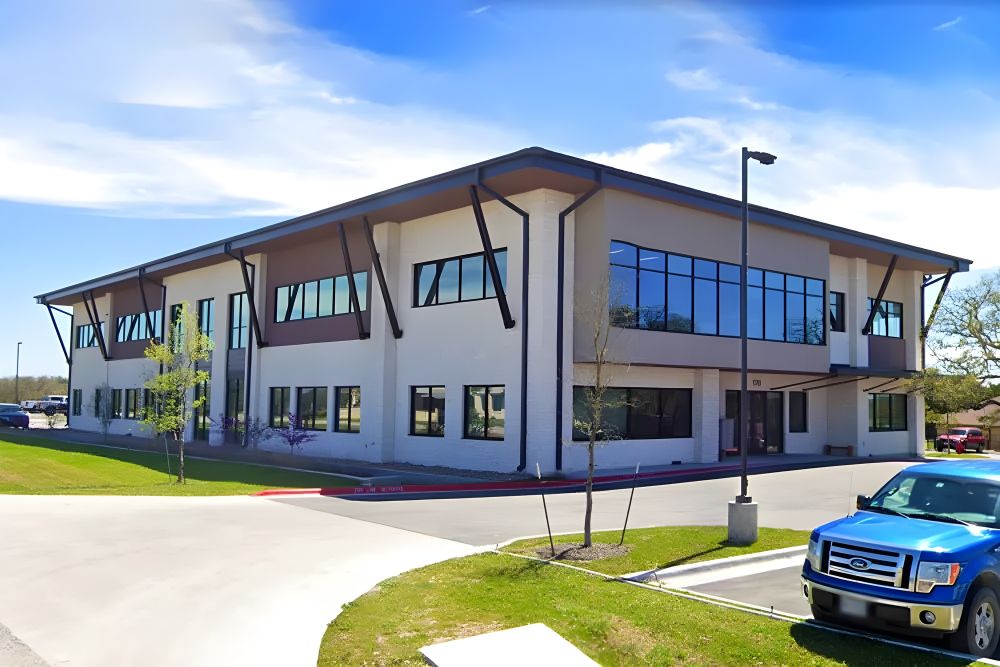Peripheral Neuropathy: What Is Nerve Pain?

Peripheral neuropathy is a symptom rather than a disease in itself. It occurs when nerves are damaged, resulting in pain and loss of functions like motor movement or the sense of touch. Peripheral neuropathy commonly develops in the longest nerves first, affecting the toes and feet. At Greater Austin Pain Center, we understand that correcting the underlying causes of peripheral neuropathy can help resolve symptoms. Physical/occupational therapy, medications, and lifestyle changes may be recommended as well.
Your brain and the rest of your nervous system constantly exchange messages about your body. Some of these nerve pathways have specific tasks. Motor nerves transmit signals about muscle movements, while sensory nerves send signals about sensations of heat, cold, and pain. Functions like blood pressure, heart rate, digestion, and body temperature are automatically controlled by your autonomic nervous system.
Peripheral neuropathy typically begins in the ends of the longest nerves, such as the sensory nerves in the toes and feet. However, peripheral neuropathy can affect other nervous systems, and the symptoms will depend on what functions the nerves control. For example, if the autonomic nervous system is involved, bowel and bladder problems may be present.























